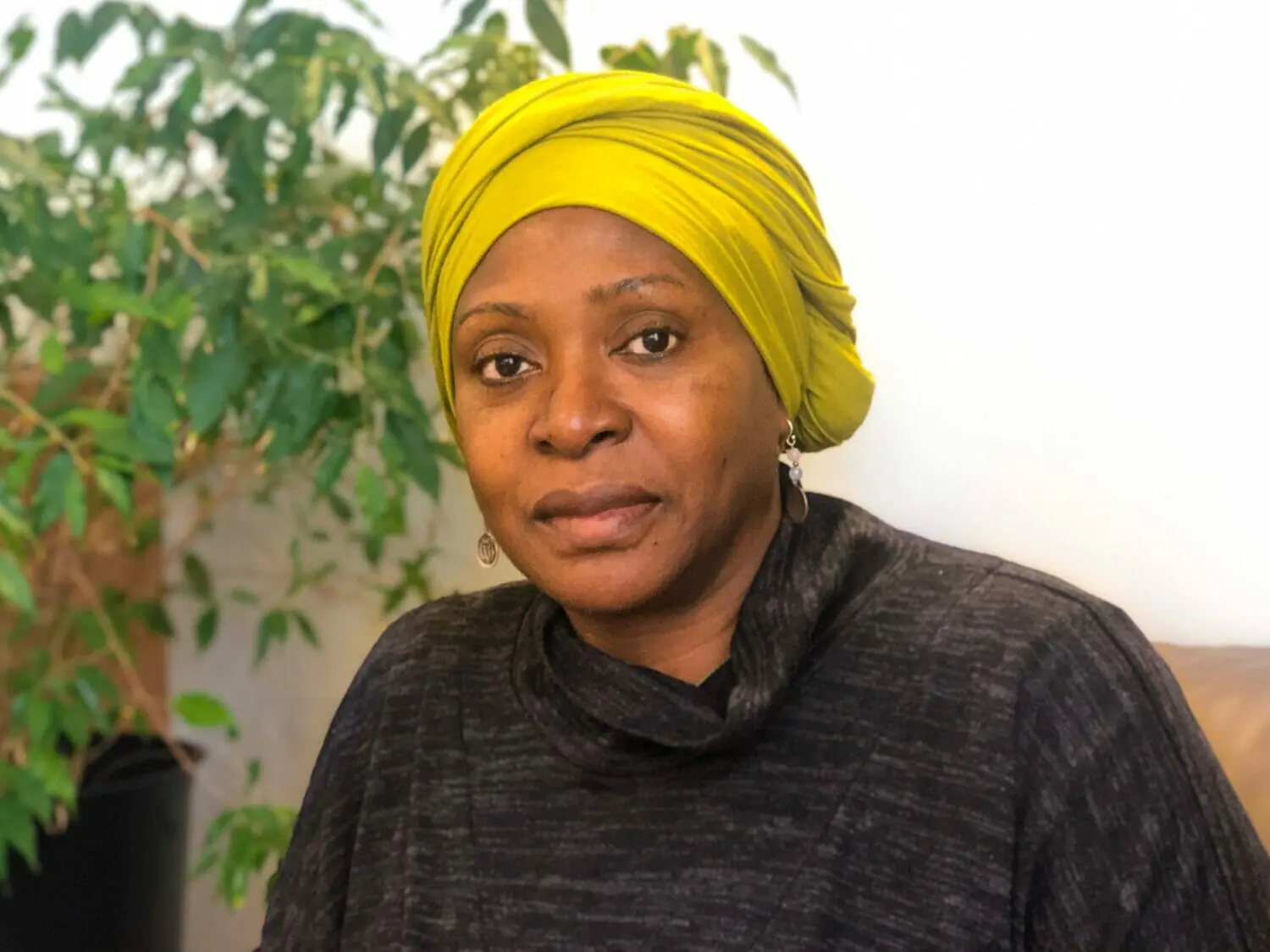On Sept. 5, Dalhousie University made history by officially acknowledging the anti-Black racism imbedded into the institution by its founding father George Ramsay, the ninth Earl of Dalhousie.
A reception was held in honour of the completion of the Report on Lord Dalhousie’s History on Slavery and Race, commissioned in 2016 by Dal’s Senate Chair Kevin Hewitt. Its mandate was to conduct historical research on racism and anti-Blackness in Dalhousie, Nova Scotia and the Atlantic Canadian region.
It took three years to complete.
The report states that prior to the commission, in 2015, “for Black people as a whole, Dalhousie University was an unwelcoming place.” Students have experienced racism in classrooms, racist graffiti was found on campus and Black faculty were insecure about tenure.
“Racism has persisted since the university’s beginning and continues to cast its shadow over the campus today,” reads the report.
A long time coming
Lead researcher and Panel Chair, Afua Cooper, said “it feels great” to have the report finally out. “I’m very proud of it. I feel like I’ve done a great thing that really is beyond me.”
When the panel started, “I felt that we would be able to do it in no-time, but once we started to do the research […] I knew it’s not something that you can just do in six weeks. We were tasked to engage history — and that’s what we did. It takes time to put pieces of evidence together that make sense and to write these things,” Cooper said. “It really takes time.”
Cooper’s note from the report states: “the work that went into researching the project and writing the report was hard labour, but it was a labour of love, underscored by a deep commitment to racial justice.”
The report was a transatlantic research mission. Among other topics, it examines slavery in Scotland, legal regimes involving slavery, the arrival of Black refugees and files like letters written by George Ramsay that show his anti-Black views.
The report ends in 13 recommendations to Dalhousie under subtitles “Regret and responsibility,” “Recognition” and “Repair.” For the future of the university, Cooper’s hopes are that these recommendations are accepted and realized.
The first recommendation requested a formal apology from Dalhousie to the African Nova Scotian community. It states “this apology would include the sentence ‘we are sorry for the university’s and its founder’s connections to slavery and for the anti-Black racism that continues to occur at Dalhousie University and throughout the province.’”
The apology
During the event on Sept. 5, Dalhousie’s interim president Teri Balser said:
“Today, on behalf of Dalhousie University, I apologize to the people of African Descent in our community. We regret the actions and views of George Ramsay, the ninth Earl of Dalhousie, and the consequences and impact they have had in our collective history as a university, as a province, and as a region. Further, we acknowledge our dual responsibility to address the legacies of anti-Black racism and slavery, while continuing to stand against anti-Black racism today.”
Balser also said that the recommendations made by the report are “critical in informing our path forward.”
Afua Cooper noted that there is still a long way to go. “The president has apologized,” she said. “Another recommendation was creating more scholarships for Black students. The president has done that with the Sankofa Scholarship.
“That is all very positive, but there is still long-term structural work that needs to be done.”
Hiring and retention of Black faculty, creating an institute of African Nova Scotian studies and an African Nova Scotian research centre were also on the list.
“The most important thing is that you need to shift the culture, the culture of whiteness. The real work is in the action. I am confident that the interim president and the incoming president will realize the recommendations,” said Cooper.


Recent Comments